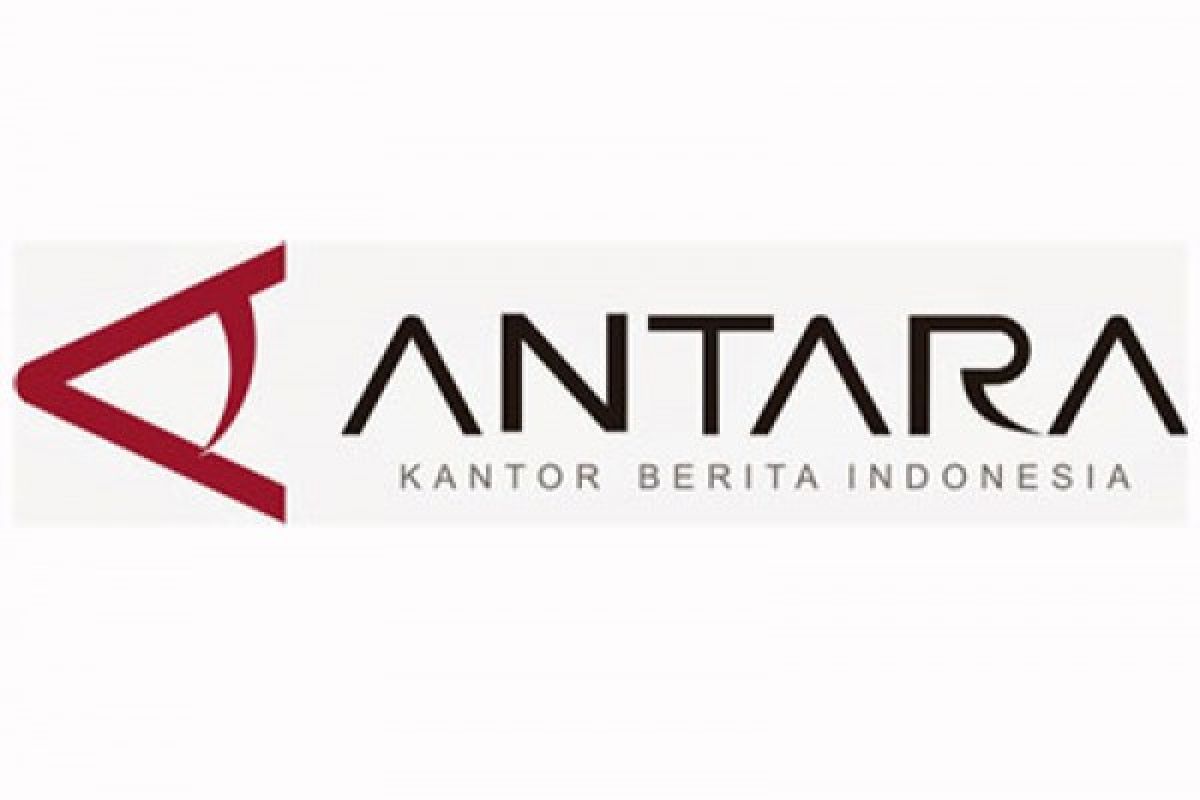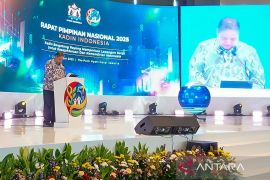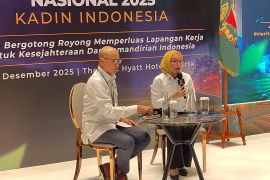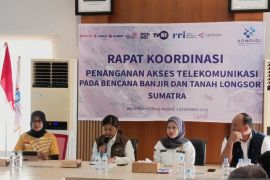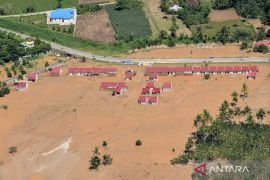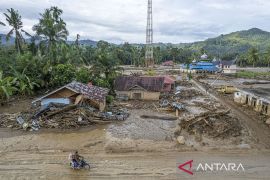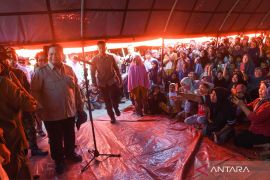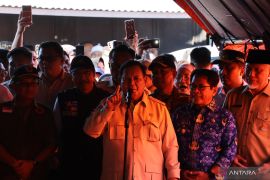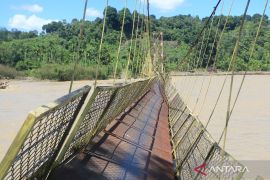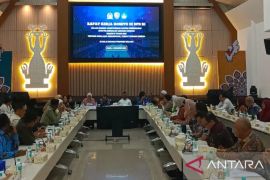The government, therefore, has taken a number of steps to accommodate the demand of prospective investors such as with relaxation even abolition of restrictive regulations.
The progress made by the government in simplification of licensing procedure is reflected by the improvement in the Indonesian rating of Ease of Doing Business by the World Bank.
The latest report of the World Bank Group titled "Doing Business 2018: Reforming to Create Jobs" released earlier this month rated Indonesia the 72nd in Ease of Doing Business, an improvement from the 91st among 190 countries.
The report said Indonesia has taken the biggest step toward ease of doing business among Asia Pacific nations since 2005.
"Indonesia become a country doing the biggest improvement in business regulation since 2005,"Operation Analyst of the World Bank Dorina Georgieva said through a video conference here.
Indonesia leads followed by Cambodia, the Solomon Islands, Brunei and Malaysia. In four years Indonesia climbed in ranking from the 114th in 2014, to 109th in 2015, to the 91st in 2016, to the 72nd this year, Georgieva said.
A deputy Governor of Bank Indonesia Perry Warjiyo attributed the improvement in the ranking to massive deregulation measure launched by the government such as in simplification of licensing procedure for the business sector, including in the electricity, transport, and construction sector .
"Improvement has continued. This is an improvement in rating. Hopefully there would be more improvements," he said.
He said the improvement in the ranking also indicates greater international confidence in the country`s economic structural reform.
President Joko Widodo (Jokowi) has repeatedly and strongly told regional administrations to facilitate investment by simplifying investment licensing procedure and give investment an opportunity as much as possible.
It is important to get across the message of the president. Investment would open more jobs to accommodate growing number of productive people.
The president said in Jakarta the Capital Investment Coordinating Board (BKPM) could issues nine investment licenses in three hours. In the regions the licensing process should be faster.
The president said he would visit regions having the record of being too slow in issuing investment licenses.
Early next year, there would be a system called "single submission" that the President could see how process of licensing runs in the center and regions.
The system could show the performance of the center and the regions . Amid the sharp global competition Indonesia could not afford to be slow . A breakthrough is needed to get through and survive the competition.
Therefore, the country needs reformist leaders in the center and regions , leaders that are innovative, favoring reform that would improve public service, Jokowi said.
Those seeking investment license does not have to meet face to face the official of the licensing agency. The Investment Licensing Agency (DPMPTSP) has started use the on-line system in processing investment licenses . The city administration of Bekasi already operates on line service in processing investment licenses.
Many types of license have not been served with on line system, but DPMPTSP is optimistic finally the on line system would be used for all types of license license .
Access to the city of Bekasi would be easier with the various communications infrastructure project having been completed and yet to be completed such as built Jakarta-Cikampek toll road, Becakayu flyover, Light Rail Transit, and Indonesia-China high speed train, which have the potential to lure in large investment to that region.
Remove hindrances
BKPM said there are still many constraints in investment that need immediate handling especially related to licensing, which is still made difficult with too much bureaucracy.
BKPM chief Thomas Lembong said among the factors discouraging investors from doing business in the country are restrictive regulation, labor protests, difficulty in land procurement, and limited infrastructure.
The investment constraints have to be removed immediately by developing or forming an effective system . It would take time . There is no short cut to change the system and mentality.
Thomas said another restriction in developing investment in the region is the absence of online data of investor. BKPM, therefore, plans to prepare online database that could be used free in the region.
In this region, Indonesia is facing tough competition from Malaysia, Thailand and Vietnam in attracting foreign investment. In flows of foreign investment would not only open new jobs but contribute to development of modern technology in the country.
BKPM has succeeded in organizing what is called One Stop Integrated Service in the regions and Three Hour Service of Investment License.
The National Development Planning Board (Bappenas) hopes that there are more private companies involved in financing infrastructure projects in 2018, both under the scheme of non budget investment financing (PINA) or Government - Private Sector Cooperation Scheme (KPBU).
Based on the National Mid Term Development Plan (PJMN) 2015-2019, funds needed for infrastructure development reach Rp4,769 trillion. The government through state budget and regional budget is to put up Rp1,978.6 trillion (41.3 percent), state companies Rp1,066.2 trillion (22.2 percent), and the private sector is to cover the remaining Rp1,751.5 trillion (36.5 percent).
Until now under the PINA scheme, there are 16 projects which have been in the phase if identification all valued at Rp211.3 trillion, one project in the phase of preparation valued at Rp13.4 trillion.
The 16 projects under PINA include turboprop aircraft R80 of PT RAI , 10 power generating projects of PT PJB, development of Flores island by Flores Prosperindo Ltd, diesel power generating project in Pesanggaran, Bali, airport project of Kulon Progo, Yogyakarta and second phase of the Kertajati airport project.
(T.SYS/B/H-ASG/F001)
Reporter: Ahmad Wijaya
Editor: Heru Purwanto
Copyright © ANTARA 2017
